Exploring Diverse Alternatives for Electric Bike Conversion Kits Worldwide
As the global demand for sustainable transportation continues to grow, electric bikes have emerged as a popular alternative for eco-conscious commuters and adventure seekers alike. However, not everyone can afford a brand-new electric bike, leading many to explore the option of transforming their traditional bicycles into electric-powered vehicles. This is where the Electric Bike Conversion Kit comes into play, providing an accessible and often cost-effective solution for riders looking to upgrade their existing bikes.
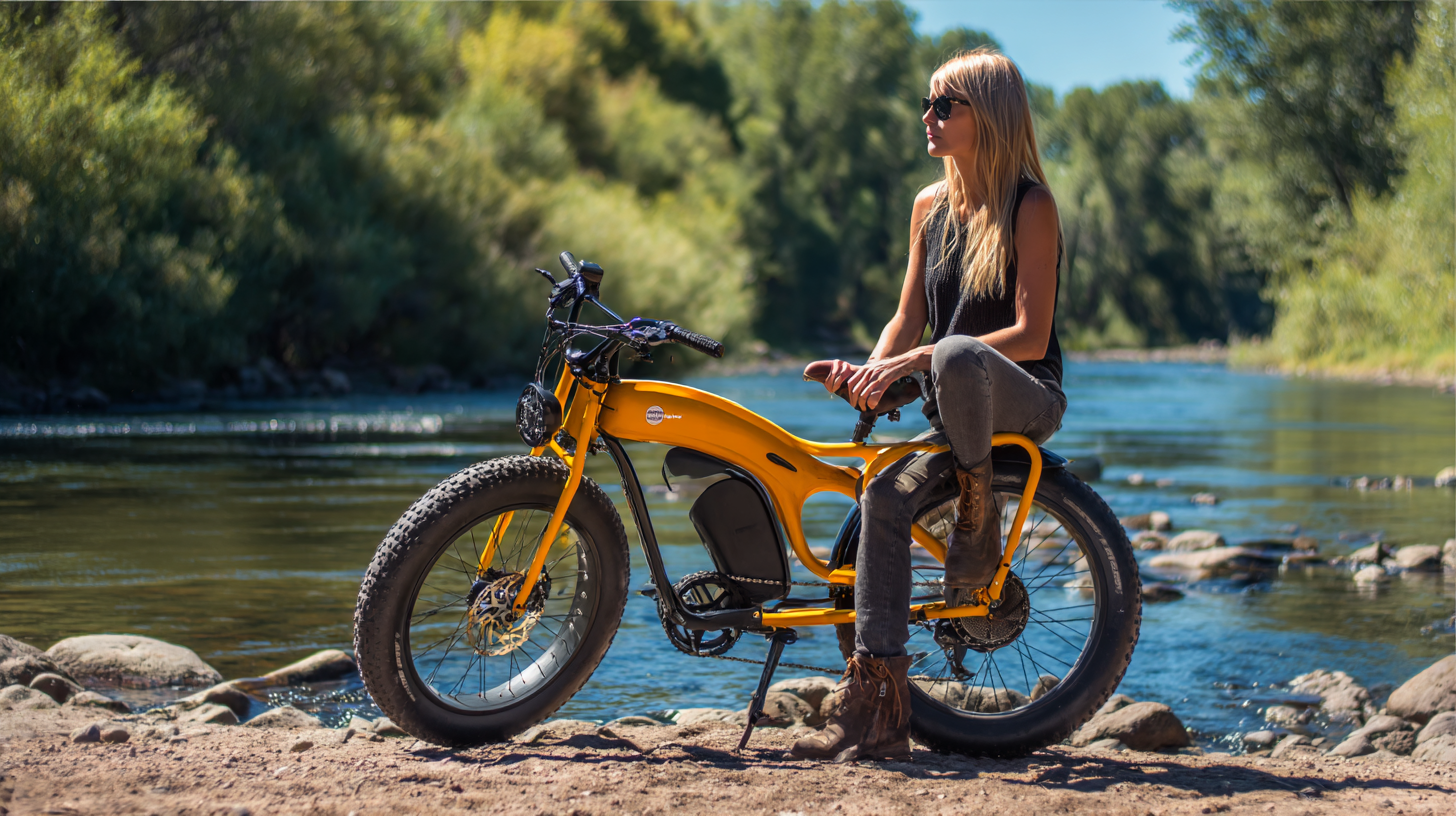
In this blog, we will delve into the diverse alternatives available for electric bike conversion kits worldwide, examining the various factors—from affordability and ease of installation to power options and regional availability—that can influence a cyclist's choice. By highlighting the most compelling reasons to consider an electric bike conversion, we aim to empower potential users to make informed decisions and embrace the electric biking revolution.
Understanding Electric Bike Conversion Kits: An Overview of Options
Electric bike conversion kits have gained immense popularity as a way for cyclists to turn their traditional bikes into electric ones. With various options available, riders can easily customize their e-bikes to fit their needs. Broadly, these kits can be categorized into hub motor kits and mid-drive motor kits. Hub motor kits are generally easier to install and suitable for city commuting, while mid-drive kits offer enhanced performance on hilly terrains.
When selecting a conversion kit, it’s crucial to consider the compatibility with your bike's frame and components. Be sure to check the wheel size, gearing system, and battery placement. Additionally, keep an eye on the power output of the motor — a higher wattage may be more beneficial for steep hills but can also impact battery life.
**Tips:** Always read reviews and user experiences before purchasing a kit; real-world feedback can help you avoid potential pitfalls. Moreover, consider investing in a good quality battery for better performance and longevity. Lastly, remember to think about your riding style and preferences — choosing the right kit won't just enhance your ride but can also make your commuting experience safer and more enjoyable.
Exploring Electric Bike Conversion Kits
This chart illustrates the popularity of various electric bike conversion kits based on user preferences in 2023. The data reflects common kit types preferred by cyclists worldwide.
Key Features to Consider When Choosing a Conversion Kit for Your Bike
When considering an electric bike conversion kit, it's paramount to assess several key features to ensure you select the best option for your needs. First, evaluate the motor power, typically ranging from 250W to 1000W. A higher wattage not only offers better climbing power but also supports greater speeds. Additionally, consider the type of motor—hub motors are easier to install and maintain, while mid-drive motors offer superior efficiency and balance.
Tips: Look for kits that come with a user-friendly installation manual or video tutorials. This can significantly reduce the setup time and complexity, especially if you’re new to bike modifications.
Battery capacity is another essential feature to examine. A higher amp-hour (Ah) rating translates to longer range, allowing for more extended rides without needing frequent recharges. Furthermore, ensure that the battery can easily fit onto your bike frame or is compatible with your existing setup.
Tips: Always check reviews for the battery’s performance in real-world conditions. Some batteries may claim high capacities but may not deliver the expected range in practice, so validation through user experiences can be invaluable.
Top Electric Bike Conversion Kits from Around the Globe: A Comparative Analysis
When it comes to transforming a regular bicycle into an electric one, the variety of conversion kits available worldwide can be overwhelming. Each kit offers unique features and benefits tailored to different riding styles and preferences. For instance, hub motor kits provide a seamless integration into the wheel and can be an excellent choice for commuters seeking a hassle-free installation. On the other hand, mid-drive kits often offer better weight distribution and enhanced climbing ability, catering to those who love tackling hilly terrains.
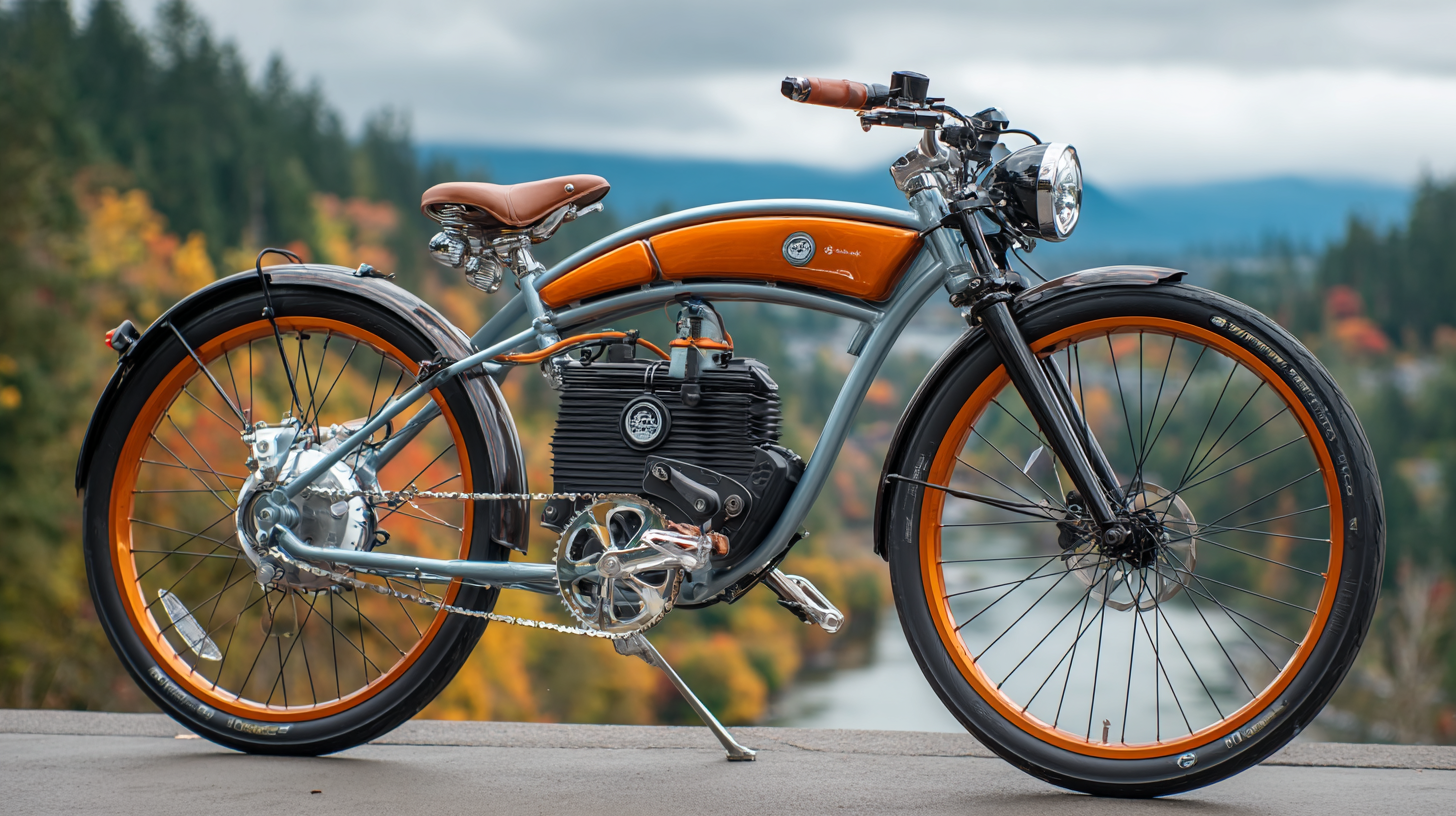
A comparative analysis of top electric bike conversion kits reveals significant variations in performance and price. Some kits focus on high torque, ideal for off-road adventures, while others emphasize speed, perfect for city cyclists looking to zip through traffic. Additionally, battery capacity and range are critical factors to consider; a higher capacity battery often translates to longer rides without the worry of running out of power. Brands from different countries bring diverse innovations and craftsmanship, making it essential for potential buyers to evaluate their specific needs against the features offered by these kits.
Tips for a Successful Electric Bike Conversion: Installation and Maintenance Advice
When considering an electric bike conversion, understanding the installation and maintenance processes is crucial for success. First and foremost, selecting a high-quality conversion kit tailored to your bike type will set the foundation for a seamless installation. Carefully follow the manufacturer’s instructions, as each kit has its unique components and setup requirements. Ensuring compatibility with your existing bicycle frame and drivetrain will help avoid potential complications during the installation process.
Once your electric bike is up and running, regular maintenance will keep it in prime condition. It's essential to periodically check the battery health, since proper care can significantly extend its lifespan. Cleaning the electrical components and keeping the bike dry will help prevent corrosion and malfunctioning parts. Additionally, routine inspections of the brakes and tires will ensure safety during your rides. Embracing these tips will not only enhance your conversion project but also pave the way for enjoyable and worry-free cycling adventures, whether for a weekend tour or daily commuting.
Exploring Diverse Alternatives for Electric Bike Conversion Kits Worldwide - Tips for a Successful Electric Bike Conversion: Installation and Maintenance Advice
| Conversion Kit Type | Motor Power (W) | Battery Capacity (Ah) | Range (miles) | Installation Difficulty | Maintenance Tips |
|---|---|---|---|---|---|
| Hub Motor Kit | 250-1000 | 10-20 | 20-50 | Easy | Regularly check motor alignment. |
| Mid-Drive Kit | 250-750 | 10-17 | 30-60 | Moderate | Monitor chain wear and adjust as necessary. |
| Friction Drive Kit | 180-350 | 6-15 | 15-30 | Challenging | Keep the roller and surface clean. |
| Smart Conversion Kit | 250-1000 | 10-20 | 25-70 | Easy | Update firmware regularly for best performance. |
| DIY Conversion Kit | Varies | Varies | Varies | Variable | Ensure components are compatible. |
Future Trends in Electric Bike Conversion: Innovations to Watch Out For
As the electric bike market continues to evolve, several innovative trends are emerging that promise to reshape the landscape of e-bike conversion kits. Recent developments highlighted at technology showcases demonstrate how traditional bicycles can serve as a canvas for cutting-edge advancements. For instance, new conversion kits are being designed to be easy to install and highly efficient, enabling riders to upgrade their existing bikes to electric power quickly. This transition not only promotes sustainability but also enhances the biking experience with added features like advanced motor technologies and smart sensors.
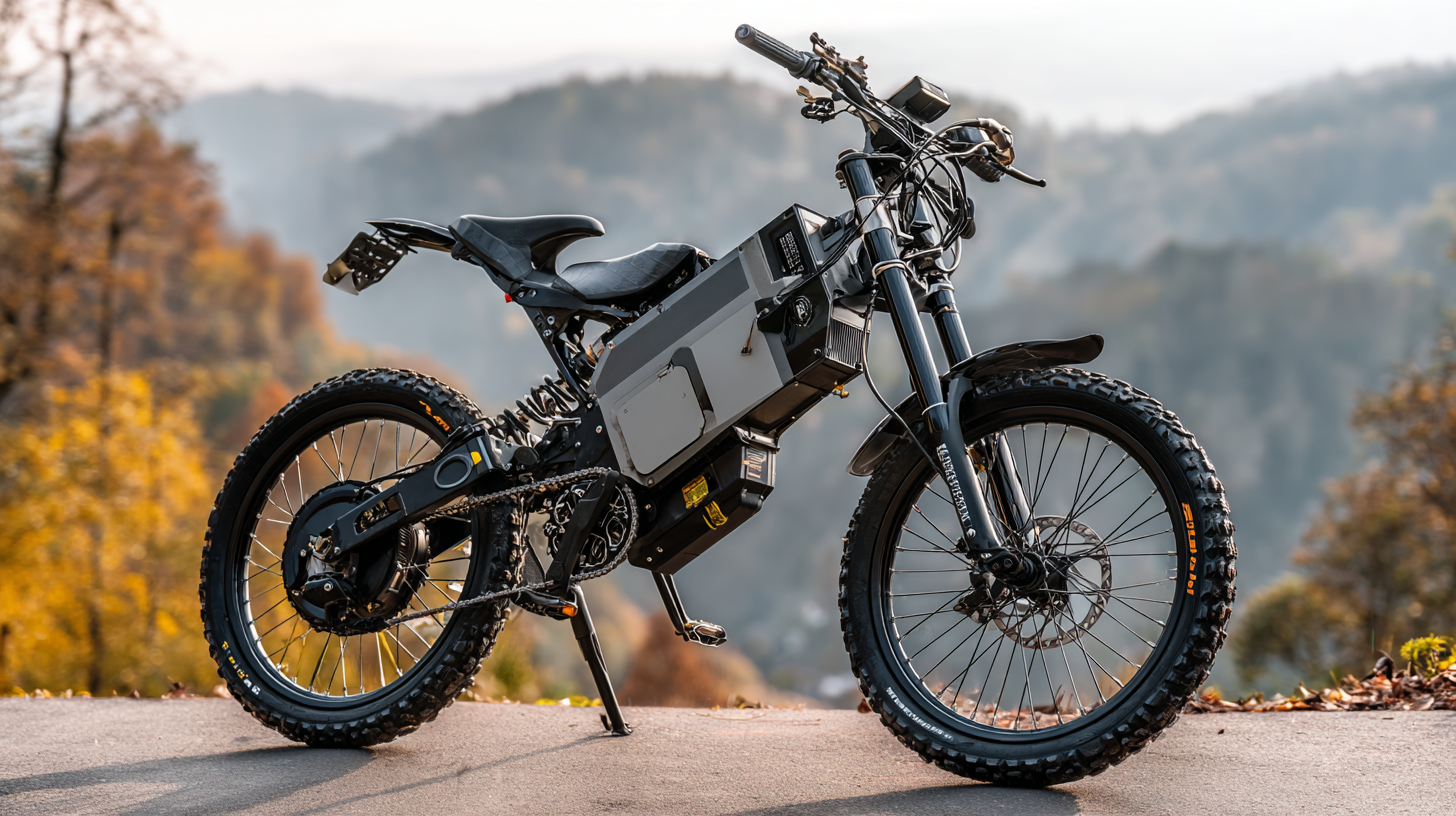
Moreover, the drive towards electrifying transportation is not just limited to advanced countries; it’s also gaining traction in regions like Rwanda, where there's a strong push to convert motorbikes to electric. Such initiatives underscore a growing recognition of the potential for e-bikes to offer eco-friendly transport solutions worldwide. As companies introduce innovative battery technologies, the focus on safety and longevity is paramount, ensuring that new materials and systems can keep up with the rising demand. The intersection of cycling and technology promises exciting prospects for the future, making electric biking not just a trend, but a significant part of global transportation strategies.
Related Posts
-
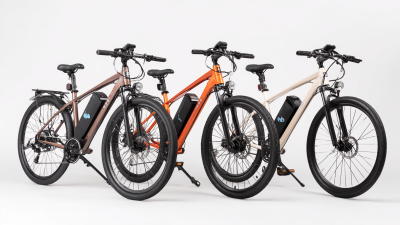
Discover Reliable Electric Bike Conversion Kits from China for Global Buyers
-

Navigating the 2025 Market Trends: How to Choose the Best iPhone XS Max Covers for Global Buyers
-

The Ultimate Guide to Mastering Sourcing and Procurement Strategies for Your Business
-
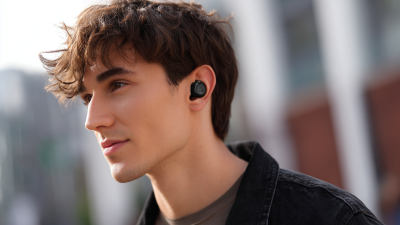
Solutions for Achieving Ultimate Sound Quality with Best Ts100 Tws Earbud
-

Exploring the Unique Features and Applications of Various Product Alternatives
-

How to Navigate Import and Export Certifications for Best Starbucks Phone Cover



